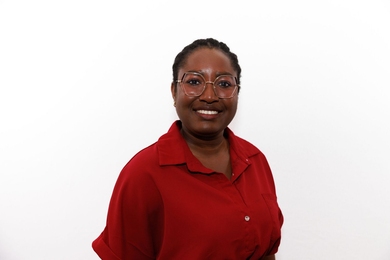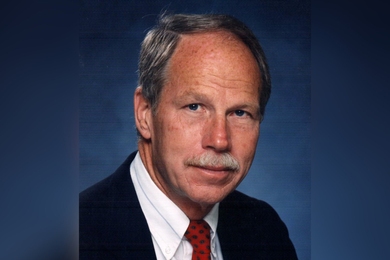MIT has received a grant from the Office of University Programs at the U.S. Department of Homeland Security to create a program designed to foster discussion and learning among those of different religious faiths.
The Department of Homeland Security is funding similar programs at several other universities including Brandeis, Tufts and Wellesley.
The MIT Addir Fellowship Program, new for the 2006-2007 school year, is designed to build interfaith bridges, said Miriam Rosenblum, Jewish chaplain and director of MIT Hillel. The name Addir means "bridge" in Sumerian, an ancient language with origins in Mesopotamia.
"We are attempting to build bridges between students of different backgrounds, beliefs and perspectives," said Rosenblum, who said Sumerian is a neutral language that encompasses all religions equally.
Thirty Addir Fellows were selected for this fall based on an application and an essay that conveyed their interest in interfaith understanding and their commitment to learning.
The group will meet weekly or bi-weekly, roughly eight to 10 hours a month. There will be speakers and discussion groups, and the group will eat meals together, all in the name of better understanding one another and their own faiths, said Rosenblum.
The group primarily includes the Abrahamic faiths -- Judaism, Christianity and Islam -- but there is representation from other campus religious groups as well. "We want to create a program that resonates with our campus community," Rosenblum said.
In the past, interfaith activities have been well attended, Rosenblum said, mentioning a 2005 interfaith Shabbat dinner sponsored by Hillel that brought students from many faiths together to eat on the Jewish Sabbath.
"It was an incredible experience. People stayed to talk long past the time when dinner ended," Rosenblum said. "There is clearly a desire to learn and to share."
MIT was selected in large part for its strong history of interfaith activities, Rosenblum said. "We have been a living model," she said, pointing to the 13 years the religious groups have shared Building W11.
"It has been a wonderful living experience," Rosenblum said. "All of the religious groups are together, working side by side."
The Addir Fellowship Program is designed to foster that kind of collegial atmosphere among students. Although program details are still not complete, the goals are.
"We want to allow people to deal with differences on a scholarly level," said graduate student and planning committee member Elizabeth Basha, whose Catholic faith has been a huge part of her life. "It is pretty much fundamental to who I am," she said. "By bringing different groups together, we might better understand one another."
The Addir Fellowship Program will start in September and continue through the school year. For more information, visit web.mit.edu/dsl/religious_life.html.





